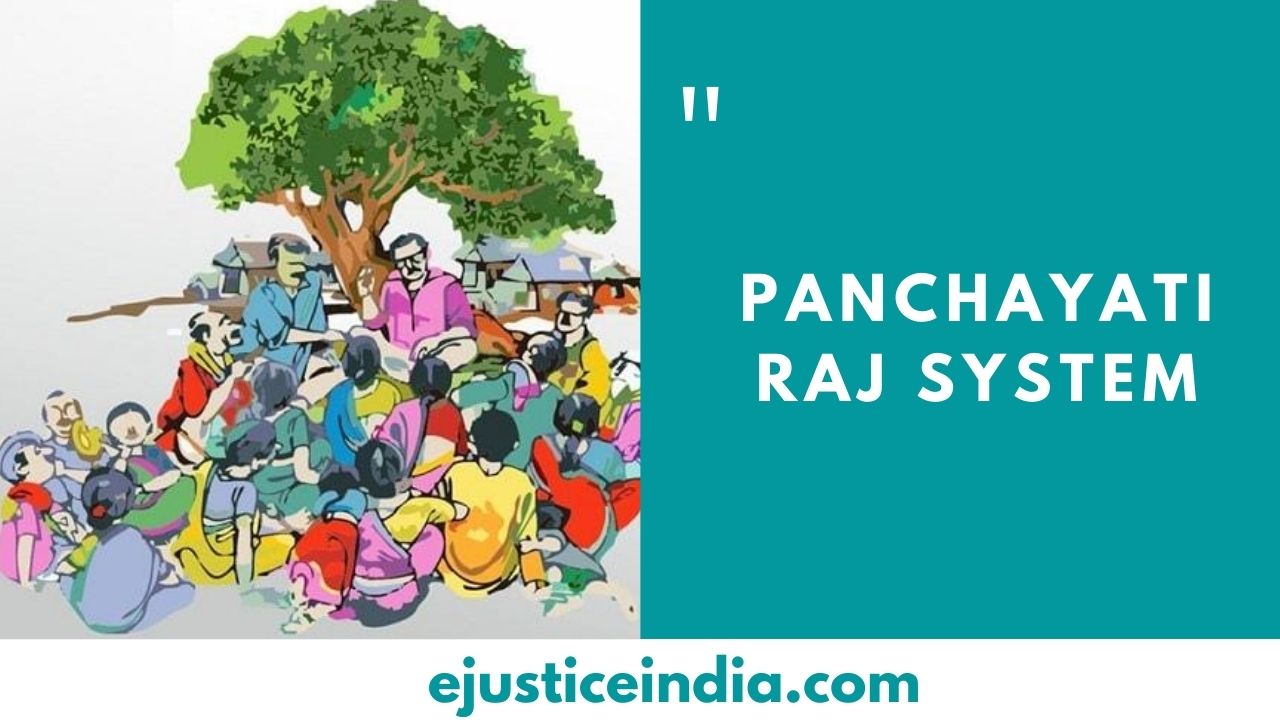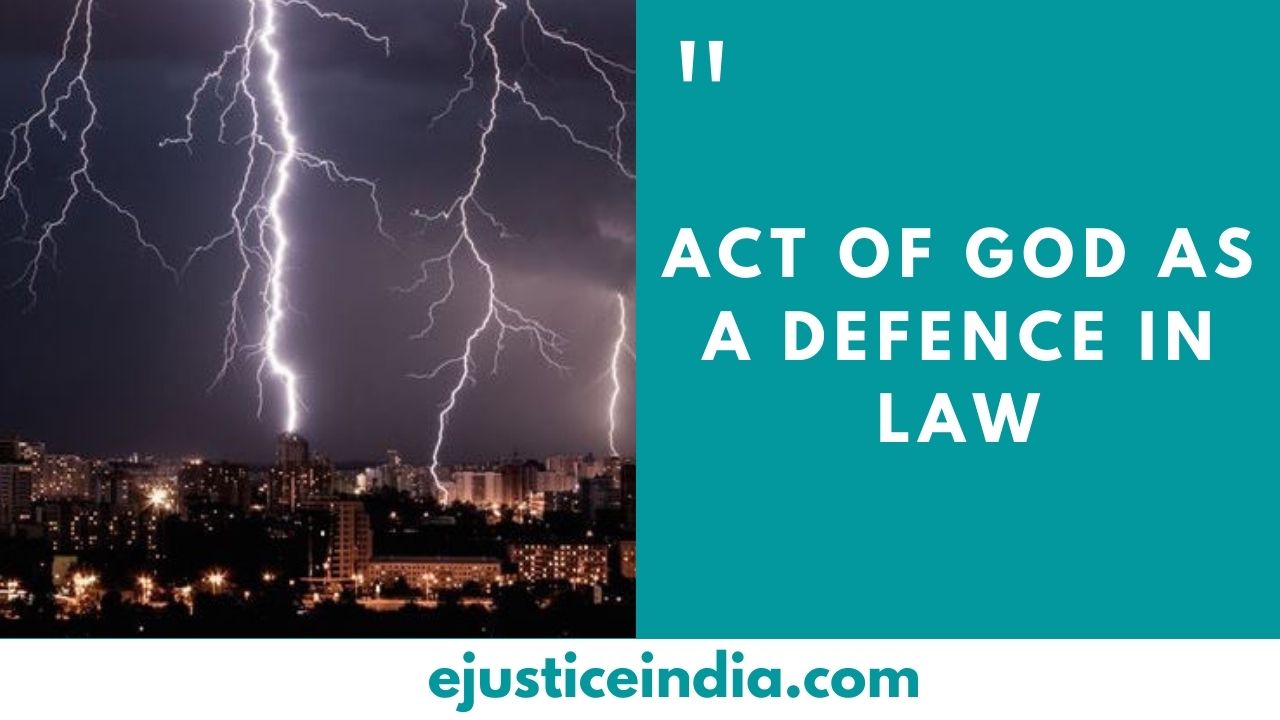POWERS OF COURTS
Author : Satyam Kumar
The Indian legal system is one of the unique features of the Indian Constitution. In India Judiciary acts as the guardian protector of the Constitution of India and the fundamental rights of the people.
The rule of law governs the country of India. The judiciary is an important part of our government and plays a critical role in the way our democracy works. It provides a single integrated system of Courts to administer both the Union as well as the State laws. The Supreme Court of India is the highest appellate authority in Indian legal judiciary system. It is the Apex court of India having the unlimited powers in judiciary. The High Courts all across the India are the second appellate court in India having a very wide range of powers including the enforcement of fundamental rights, non-fundamental, ordinary legal rights, etc. except to questioning over the laws related to interpretation of the Constitution of India. Article 124-147 of chapter V in Part V of the Constitution of India deals with the union judiciary i.e. the Supreme Court and Article 214-237 of Chapter V & VI in Part VI deals with the state judiciary i.e. High Courts and the Subordinate Courts.
Powers of the Supreme Court
Supreme court of India is the Apex court in India having the unlimited powers in judiciary, established under Article 124 of chapter IV of part V of the Constitution. It protects the world’s largest democratic nation. It safeguards the fundamental right of the citizens and settles the disputes between various government authorities as well as the central government vs state governments or disputes between state governments versus another state government in the country. It hears the appeals against judgement of the high courts. The law declared by the Supreme court become binding to all the courts in India and also to the Union as well as State governments.
Some important powers of the Supreme Court are as follows:-
- Under Article 136 of Constitution of India, Supreme Court has the power to issue special leave petition in any case of any tribunal court except army Courts.
- Under Article 137 of Constitution of India, the Supreme Court has the power to review its own judgments.
- Supreme court can nullify the decision of Parliament and of the government on the basis of violation of basic features.
- Under Article 139 of Constitution of India, Supreme Court has the power to issue writs, order or directions.
- Under Article 129 and 142 of the Constitution of India, Supreme court has the power to punish anyone (including itself) for the contempt of court in India.
- Under Article 143 of Constitution of India, Supreme court can advise the President of India related to the question of law and the matter associated with the public importance.
- Under Article 145 of Constitution of India, Supreme court shall have power to review judgement or order made under any law and any rule made by Parliament.
Powers of The High Court
The Constitution of India directs the government that High Courts all across the country shall have powers related to its jurisdiction to issue writs, orders, directions to any person or authority including in appropriate cases or any government for the enforcement of any of the rights conferred by Part III of Constitution and for any other purpose too. In India we have different High Courts in the States and in the Union territories. Each High court jurisdiction over a State, Union territory or a group of States and Union territories. It is responsible for the entire administration of the justice in the State or in the Union territories.
The major powers are as follows:-
- Power to issue writs
Article 226 of the Constitution of India empowers the High Court to issue certain writs. In order to issue writs power of the high court are wider than that of Supreme Court. The writs are :-
- Habeas Corpus
- Mandamus
- Prohibition
- Quo Warranto
- Certiorari
2. Interfere in Investigation
High court shall have the power to interfere in investigation of any case, but nominally the court shouldn’t interfere with criminal investigation as it may prohibit the continuance of a criminal proceedings before it’s conclusion in extraordinary cases.
3. Writ to Bail
The High court has jurisdiction to entertain prayer for a bail in writ jurisdiction, in such jurisdiction having regard to judicial discipline and courts comities.
Hierarchy of Courts in India
The hierarchy of the Courts in our country has been developed in such a manner that it becomes easier for every citizen of the India to knock the door of the courts whenever a dispute arises. The hierarchy of the court is necessary for a easy functioning of the judiciary in a democratic country like India. This hierarchy process provides a platform to the citizens of India for appealing to higher courts, in case if they feel that justice has been denied to them by the lower courts. India is a country with a huge population. That’s why it needs this existing system of Judiciary to prosper and makes its process easier so that people can approach it easily so that Justice can be given to all citizens of this country.
The hierarchy of the Courts in India are as follows:-
- The Supreme Court of India
It is the Apex Court of India established under Article 124 of Chapter IV of Part V of the Constitution of India.
- The High Courts
The high courts are at the second level of Court, governed under Article 141 of the Constitution Of India and are bound by the judgements of the Apex Court(Supreme Court).
- Lower Courts of India
In India there are district courts under different state government for each and every district or for one or more districts.
- Metropolitan Courts
- Sessions Court
- Chief Metropolitan Magistrate
- First Class Metropolitan Magistrate
- District Courts & Session Court
- Sessions Court
- First Class Judicial Magistrate
- Second Class Judicial Magistrate
- Executive Magistrate
Conclusion
In India, the judicial system works in already established hierarchical system which has proved to be an efficient system over the years. Supreme Court is highest appealing body of our jurisdiction in our country. Justice can be proclaimed to the citizens of India with its establishment. The power vested upon the courts in India ensures the fair trial.


